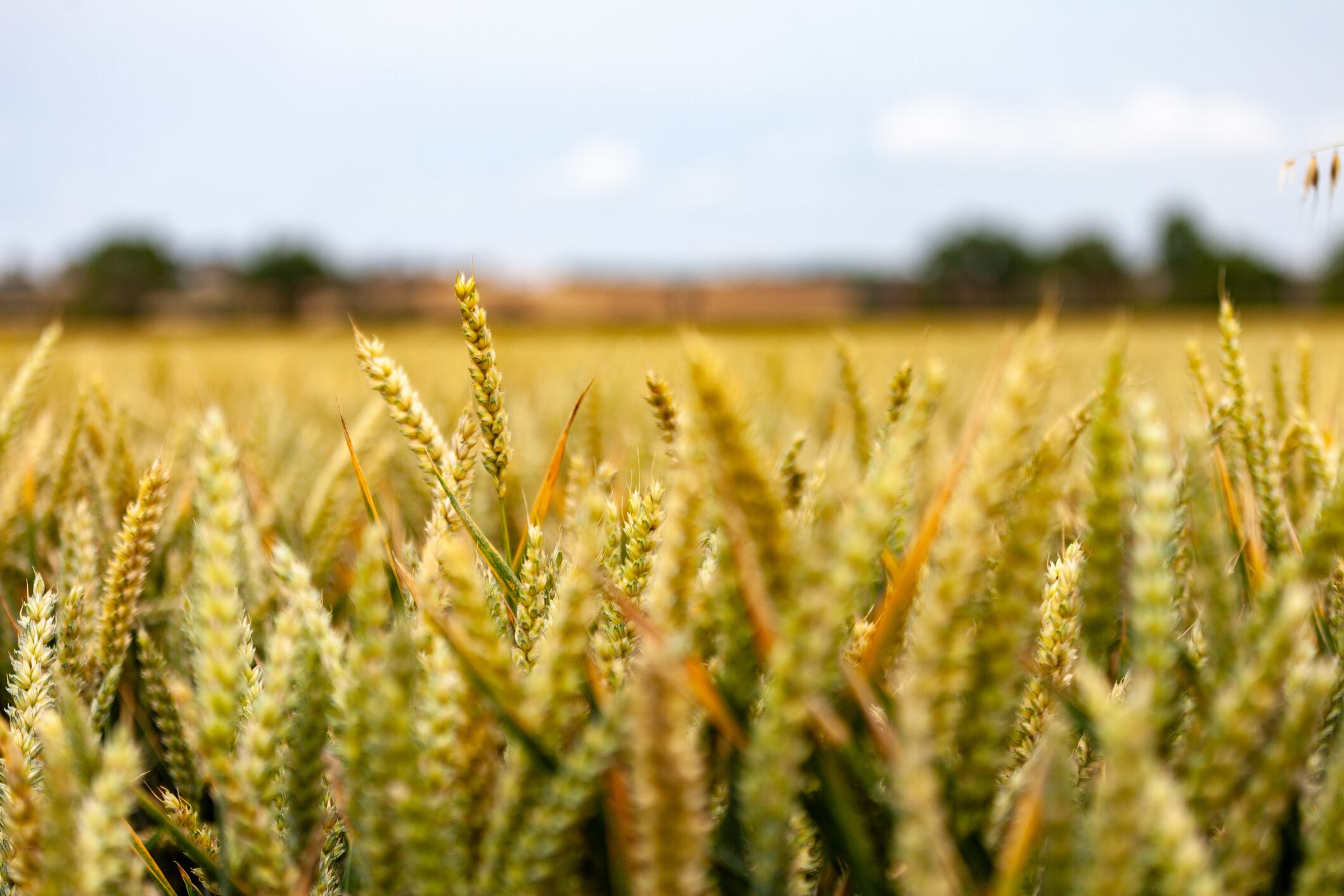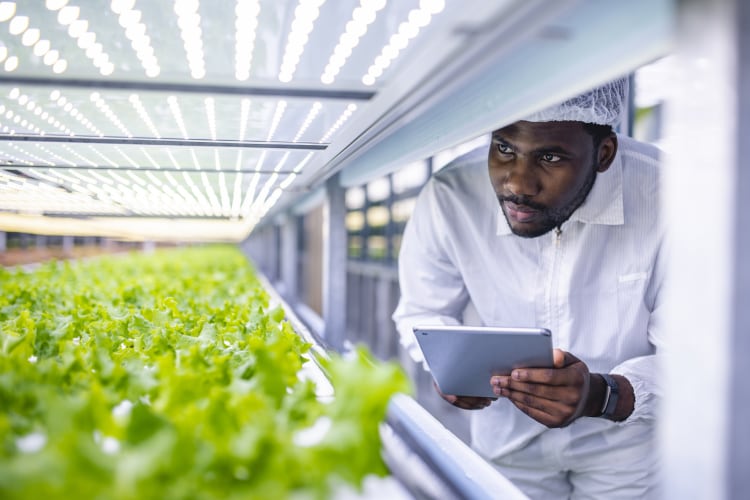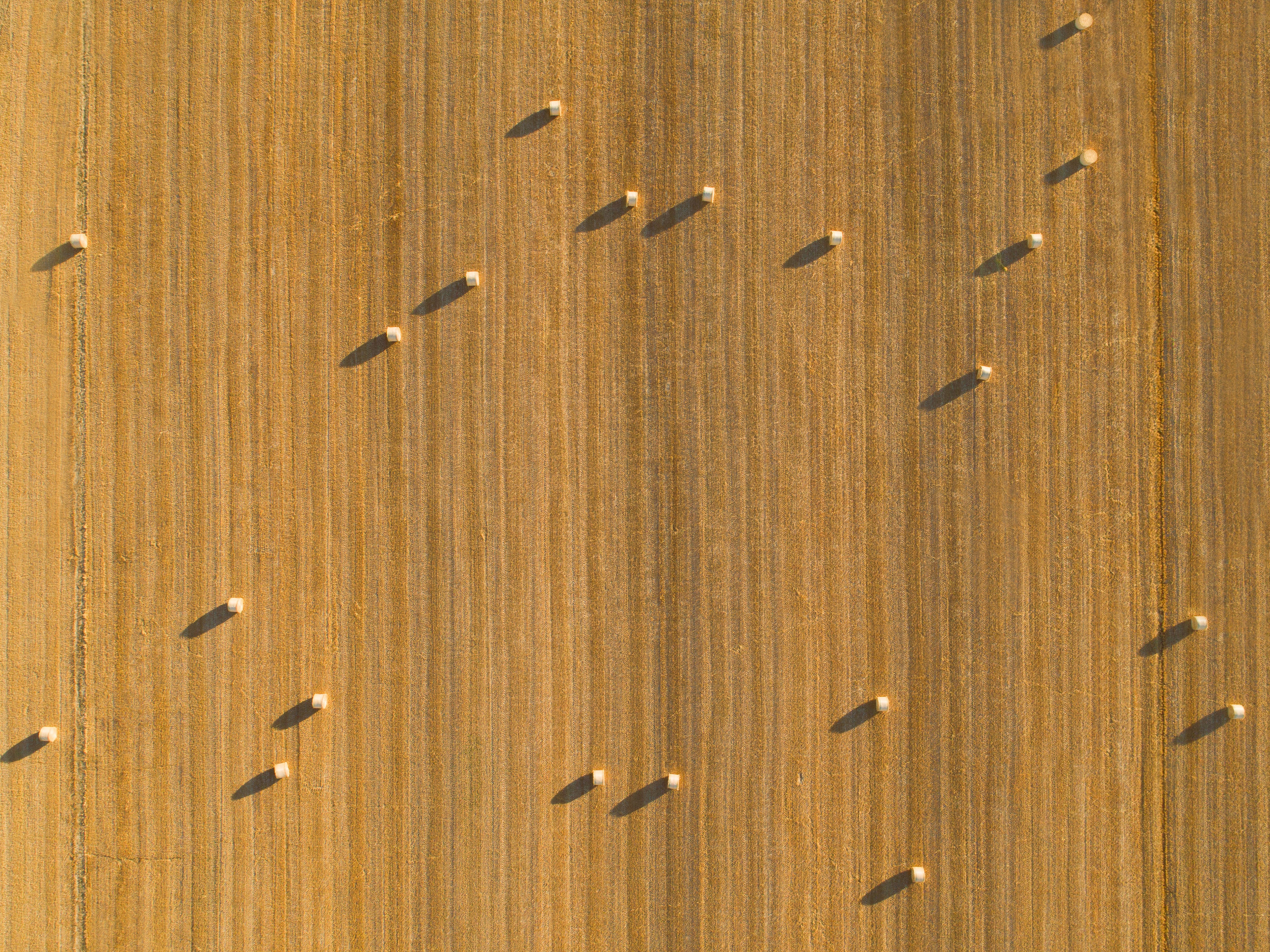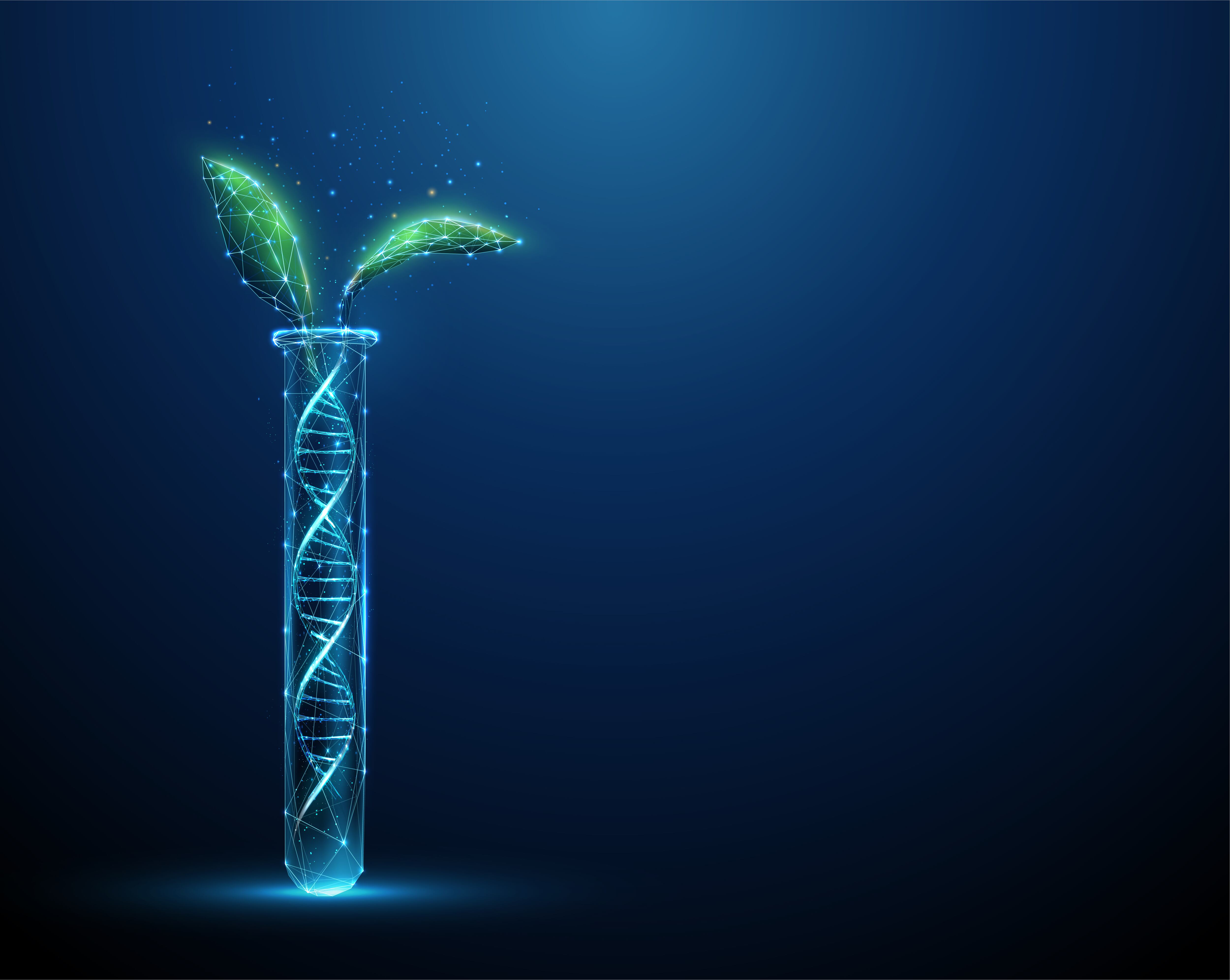Professor Šikšnys is recognized as one of the key figures in the development of CRISPR gene editing. His groundbreaking 2012 publication, which predated similar work by Nobel Laureates Jennifer Doudna and Emmanuelle Charpentier, independently demonstrated the potential of CRISPR-Cas9 for precise DNA cutting. This work has been instrumental in the widespread adoption of CRISPR technology.
Last year, BetterSeeds told AgTechNavigator that seeks to enable the broader use of CRISPR in agriculture. This technology is “well known” and its value is “well understood”, CEO Ido Margalit explained. “But we are seeing that even though it’s been 12 years since it was discovered, there’s been slow adoption and few products on the market. The main reason for is that using CRISPR technology is arduous and it’s very difficult applying it across all crops.”
BetterSeeds now believes that Prof. Šikšnys' expertise will be an asset as the company leverages CRISPR-Cas technology to enable the resiliency of crops to climate change as well as enabling the application across all crops.
“Our company specialises in developing CRISPR delivery solutions and climate-resilient traits and crops,” explained Margalit. “We’re addressing a critical bottleneck in crop gene editing: the effective delivery of CRISPR technology. Currently, CRISPR application is limited, primarily due to delivery challenges, and is only widely used in approximately 10 crops. This significantly restricts its potential.”
Enabling technologies, like advanced CRISPR delivery systems, are key to unlocking CRISPR’s full potential, he claimed, and making it applicable to a much wider range of crops in a cost-efficient manner.
Prof. Šikšnys' contributions to the field have earned him numerous awards, including the prestigious Kavli Prize in Nanoscience in 2018. He currently serves as a professor at Vilnius University, Chief Scientist and Head of the Department of Protein-DNA Interactions at the Life Sciences Center of Vilnius University Institute of Biotechnology.
“Professor Šikšnys' renowned expertise in CRISPR-Cas systems will be instrumental in overcoming the challenges associated with applying CRISPR-Cas9 in these delivery systems,” said Margalit.
“This collaboration will allow us to develop a comprehensive CRISPR delivery solution, enabling companies within the next 2 years to rapidly and efficiently leverage CRISPR across a broad crop portfolio. We believe this breakthrough will significantly accelerate innovation in crop improvement.”





